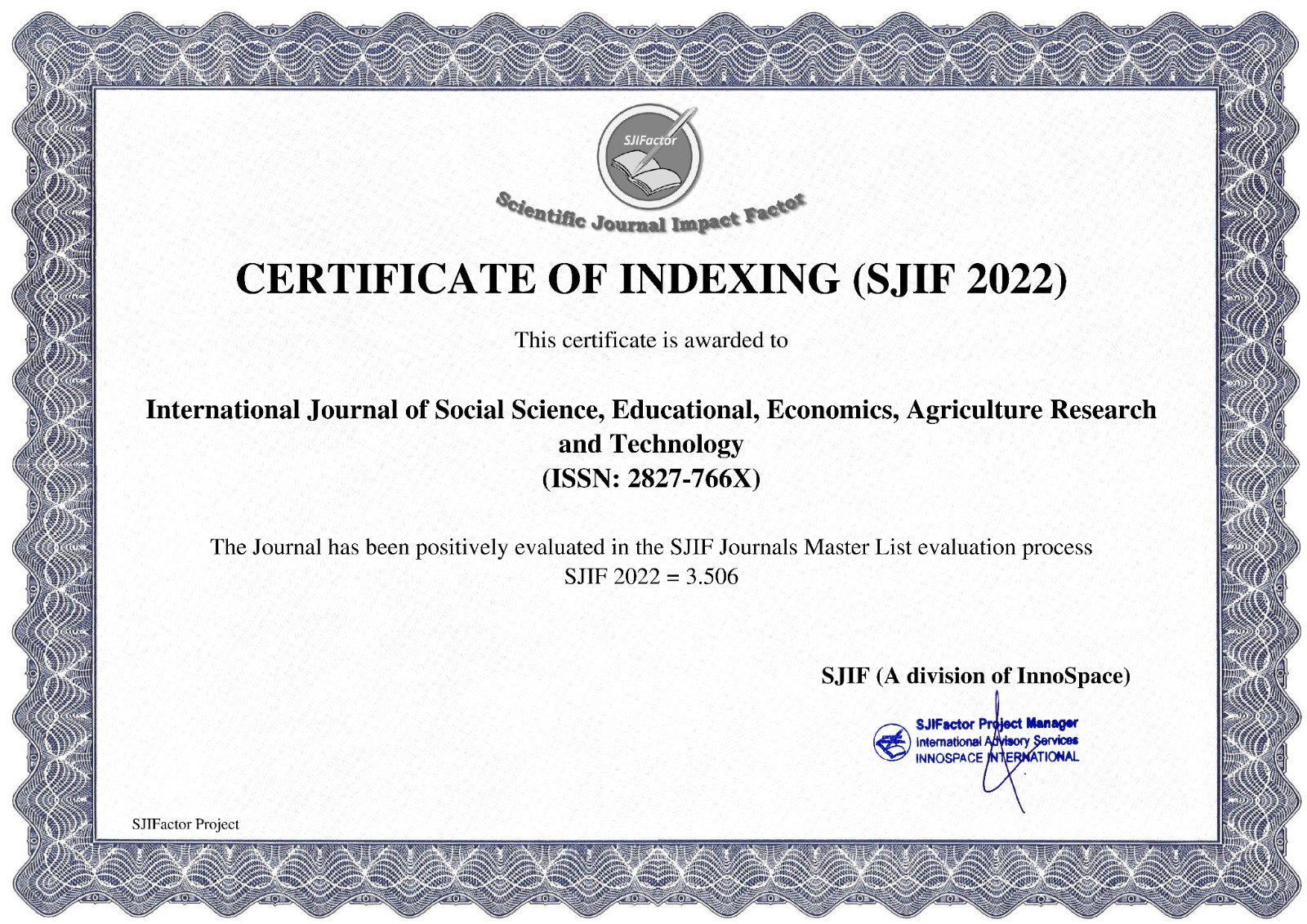ANALYSIS OF THE INFLUENCE OF TALENT MANAGEMENT ON ORGANIZATIONAL INNOVATION WITH ARTIFICIAL INTELLIGENCE (AI) AS AN INTERVENING VARIABLE IN INDONESIA
Main Article Content
Kumala Vera Dewi
Azriel Situmorang
Raysal Januar Siregar
This study aims to analyze the influence of talent management on organizational innovation with artificial intelligence (AI) as an intervening variable in Indonesia. The background of this study is based on the importance of strategic human resource management in driving organizational innovation in the era of digital transformation. This study uses a quantitative approach with the Partial Least Squares Structural Equation Modeling (PLS-SEM) method. Data were collected by distributing questionnaires to respondents from various organizations in Indonesia that have implemented talent management systems and AI technology. The results of the study indicate that talent management has a significant effect on organizational innovation, both directly and through artificial intelligence as a mediator. This finding strengthens the argument that organizations that manage talent effectively will be better able to adopt intelligent technology and ultimately create sustainable innovation. The role of AI as an intervening variable has been shown to strengthen the relationship between talent management and organizational innovation. This study provides theoretical contributions to the development of human resource and technology management, as well as practical implications for policy making in driving organizational digital transformation.
Collings, D. G., Mellahi, K., & Cascio, W. F. (2019). Global talent management and performance in multinational enterprises: A multilevel perspective. Journal of Management, 45(2), 540–566. https://doi.org/10.1177/0149206318757018
Creswell, J. W., & Creswell, J. D. (2018). Research design: Qualitative, quantitative, and mixed methods approaches (5th ed.). SAGE Publications.
Damanpour, F., & Aravind, D. (2018). Organizational innovation: A review of past research and directions for the future. In The Oxford Handbook of Innovation Management. Oxford University Press.
Dwivedi, Y. K., Hughes, L., Kar, A. K., Baabdullah, A. M., Grover, P., & Abbas, R. (2021). Artificial intelligence (AI): Multidisciplinary perspectives on emerging challenges, opportunities, and agenda for research, practice and policy. International Journal of Information Management, 57, 101994. https://doi.org/10.1016/j.ijinfomgt.2019.08.002
Etikan, I., & Bala, K. (2017). Sampling and sampling methods. Biometrics & Biostatistics International Journal, 5(6), 215–217. https://doi.org/10.15406/bbij.2017.05.00149
Haenlein, M., & Kaplan, A. (2019). A brief history of artificial intelligence: On the past, present, and future of artificial intelligence. California Management Review, 61(4), 5–14. https://doi.org/10.1177/0008125619864925
Hair, J. F., Hult, G. T. M., Ringle, C. M., & Sarstedt, M. (2019). A primer on partial least squares structural equation modeling (PLS-SEM) (2nd ed.). SAGE Publications.
Jarrahi, M. H. (2018). Artificial intelligence and the future of work: Human-AI symbiosis in organizational decision making. Business Horizons, 61(4), 577–586. https://doi.org/10.1016/j.bushor.2018.03.007
OECD. (2021). The innovation imperative: Contributing to productivity, growth and well-being. OECD Publishing.
Sekaran, U., & Bougie, R. (2019). Research methods for business: A skill building approach (8th ed.). Wiley.
Tarique, I., & Schuler, R. S. (2018). A multi-level framework for understanding global talent management systems for high talent emerging market economies. Journal of Global Mobility, 6(1), 56–80. https://doi.org/10.1108/JGM-07-2017-0026






















